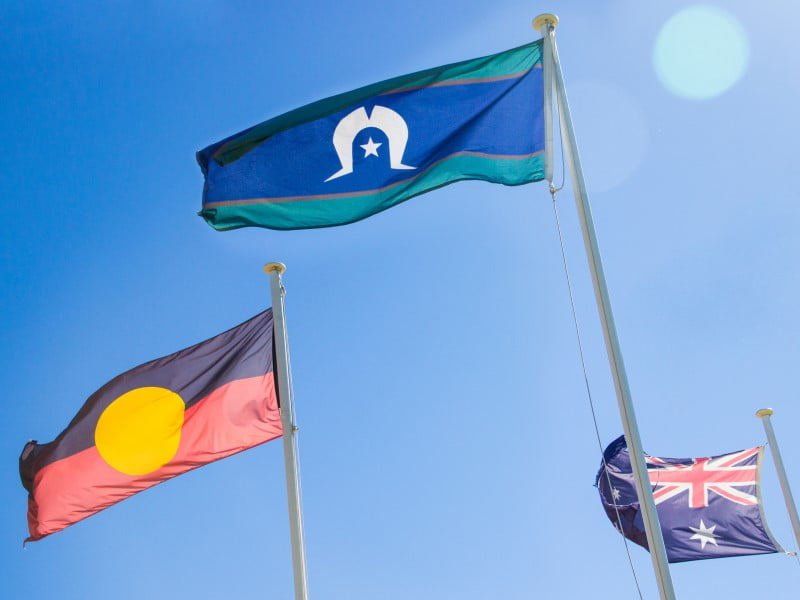Better data and public reporting is needed as a starting point to improve Indigenous recruitment and retention in Defence, particularly around STEM and cyber, a new Australian Strategic Policy Institute report has found.
The Australian Strategic Policy Institute (ASPI) report – “Building Genuine Trust” – includes 56 recommendations under 12 areas of focus, looking at improving Indigenous recruitment and retention in Australian defence organisations.
The report highlights a whole-of-Defence framework to improve Indigenous STEM and cyber pathways. It also highlights changes required to meet the Indigenous 2025 participation targets of 5 per cent of the armed services and 3 per cent of the public service component of the Department of Defence.
The report includes recommendations for engagement with the vocational education and training system, particularly by building relationships with Indigenous STEM initiatives in universities and schools. The report specifically calls for more data to be collected on professional development.

“A common story in the services and on the civilian side of Defence is slow progress on the policy reform that’s urgently needed to build Indigenous employment pathways. Defence needs to demonstrate that it invests in the long-term training, retention, and advancement of Indigenous personnel,” the report says.
“The services are driving much reform, but the lack of a comprehensive data picture and an annual public report that canvasses what’s working well means many work areas are without a clear guide or a definition of success beyond participation targets, so their efforts are unfocused and can be discordant.
“Developing measures and public reporting, including on how senior leadership is achieving Indigenous targets within the workforce, will be an important step forward.”
The report calls for an annual public report on the State of Indigenous defence which should include a comparison of recruitment data against targets, retention and attrition, training opportunities, and internal professional development opportunities and time in roles within Defence.
It also highlights that the Australian Defence Force’s (ADF) cyber initiatives, the ADF Cyber Gap and Cyber Defence College didn’t have a visible Indigenous engagement strategy or a clear link to the Defence TAFE Employment Scheme.
The researchers undertook the study over 18 months, which included engagement with Indigenous communities, business, and the department. Federal funding was received from the Strategy, Policy, and Industry Group within the Department of Defence.
The 12 focus areas for improving Indigenous recruitment and retention include data, career pathways, defence and technology contractors, veterans’ employment and procurement and international partnerships.
ASPI’s recommendations build on the Defence Reconciliation Action plan which has been released over three-year periods since 2007. The 2019-2022 plan strives to “foster genuine and meaningful relationships built upon trust with Aboriginal and Torres Strait Islander peoples”. When the action plan was released in 2019, 2.7 per cent of the Australian Defence Force and 2.4 per cent of Defence public servants identified as Aboriginal and/or Torres Strait Islander.
The proposed framework also support the federal government’s broader Closing the Gap strategy.
Do you know more? Contact James Riley via Email.

